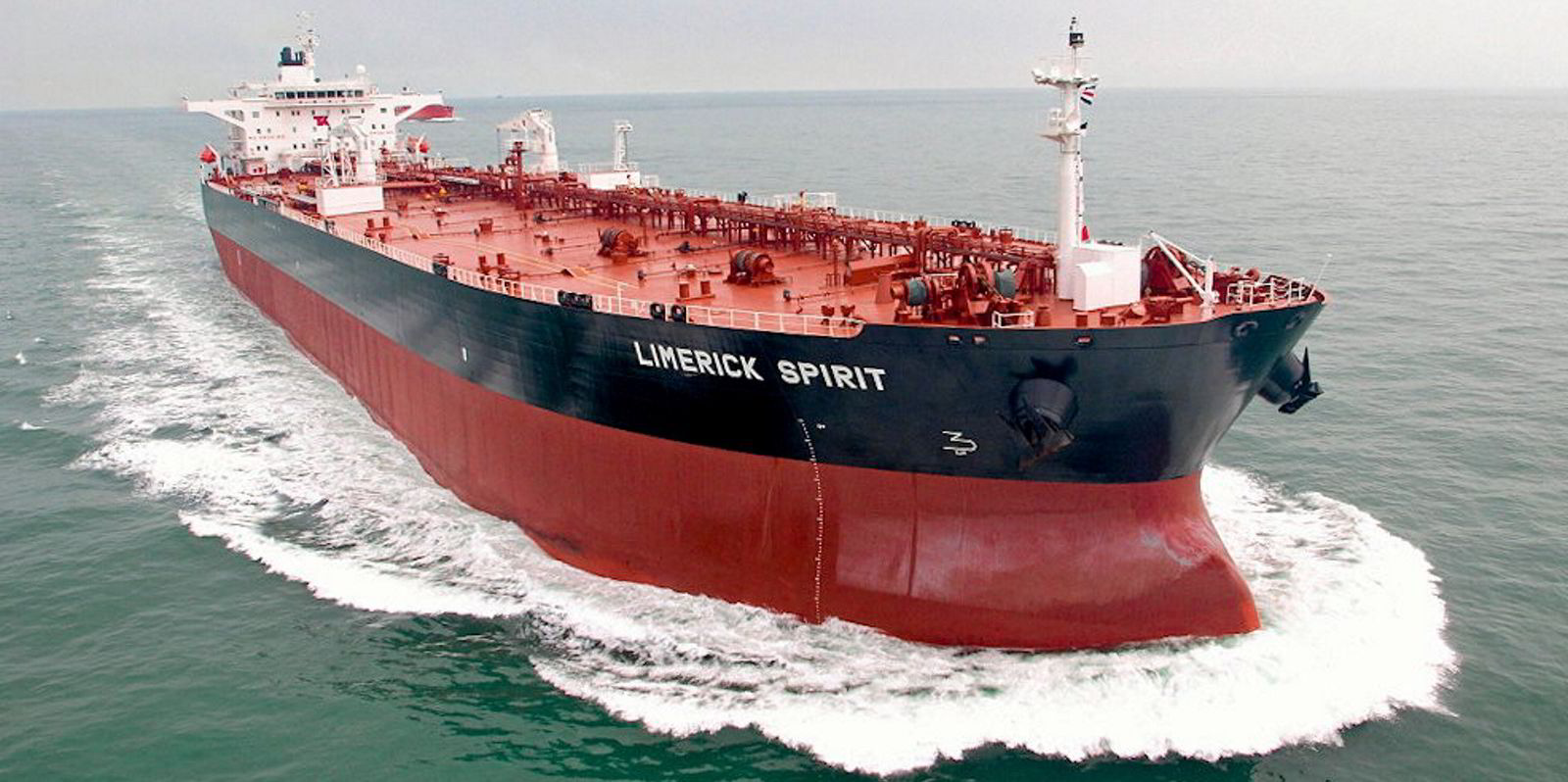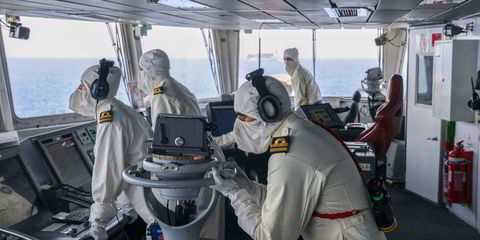Giant Danish bunker and tanker group United Shipping & Trading Company (USTC) has produced its first sustainability report as it tackles emissions from its fleet.
The owner of product and chemical carrier operator Uni-Tankers has described “four pillars” that hold up its environmental, social and corporate governance (ESG) strategy: climate impact, diversity, compliance, and equality and inclusion.
The group said the report is “the first formalisation” of USTC’s ongoing commitment to improve performance in these areas.
“Thorough” work has taken place to investigate and establish baselines, it added.
“Committing to promoting and driving responsible and sustainable practices is not done by setting lofty goals. It requires hard work, and that’s what we’ve begun,” Mia Ostergaard Rechnitzer, chief governance officer and co-owner of USTC, said.
The daughter of founder Torben Ostergaard-Nielsen added: “Creating this report has been about presenting our current status and using solid data to plan for future, realistic improvements. So, partnering with experts, creating baselines and setting up a framework for future reporting has been the first step in establishing a unified approach to sustainability across all our companies.”
USTC started in bunker supply, but has diversified into tankers and logistics.
“Being so heavily invested in these industries, USTC holds a unique position to facilitate sustainable transition, for example by pushing new fuels to the shipping industry or reducing empty haulage and optimising utilisation of load capacity,” the company said.
It added that Uni-Tankers has implemented a proactive maintenance approach to reduce the supply of purchased goods and services.
This includes training and ship-to-shore communication aimed at minimising breakdowns, the company said.
Compliance being achieved
A total of 12 Uni-Tankers vessels are now fully compliant with the International Maritime Organization’s Energy Efficiency Existing Ship Index.
The owner added that the remaining five owned ships will achieve compliance well ahead of the deadline on 1 January 2023.
The Annual Efficiency Ratio for the owned tankers last year showed a 33% reduction in CO2 emissions compared to a 2008 baseline.
The company operates another 27 chartered-in tankers.
The group teamed up with Danish company Frugal Technologies to install intelligent engine software called Frugal Propulsion on the 4,750-dwt Endelo Swan (built 2007) in 2020.
Uni-Tankers has managed to reduce the amount of fuel consumed by the tanker by 12.2% over a period of 10 months.
The system has been fitted to two more ships and a third retrofit is planned.
“With Frugal Propulsion, we have a system that enables us to reduce the climate impact of our fleet while at the same time strengthening our competitiveness,” Uni-Tankers technical director Peter Stokbro said.
Focus on gender
The group is also focusing on gender balance.
Its industries are historically male-dominated, but USTC wants to challenge and change this, the group said.
Women currently account for 32% of Uni-Tankers’ onshore employees, while 1.4% of offshore workers are women.
A total of 22% of board directors are female and the aim is to boost this to a third by 2024.






